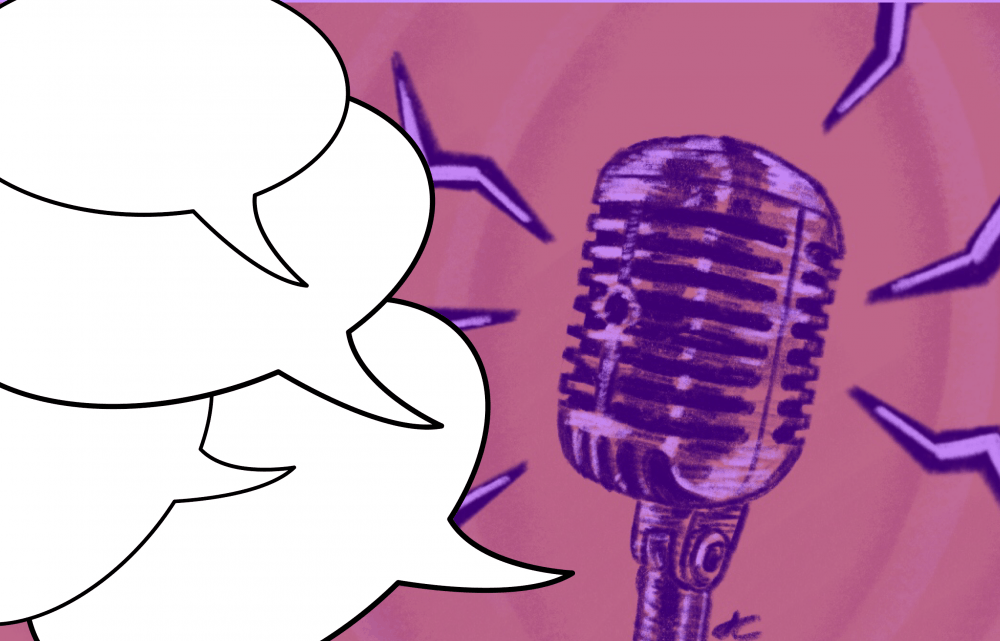April is National Poetry Month, and there is no better way for ASU students to celebrate than watching and performing spoken word poetry in the Valley.
Pinna Joseph, the community events manager for Changing Hands Bookstore, which has locations in central Phoenix and Tempe, said the store does poetry readings on Friday nights. These events typically start with a featured reader followed by an open mic for anyone who would like to perform.
Venues and coffee shops around the Valley also offer open mic nights for poets-to-be, such as Fair Trade Cafe in downtown Phoenix and SoZo Coffee House in Chandler.
Jake Friedman, communications specialist at the Virginia G. Piper Center for Creative Writing at ASU and founding editor and director of Four Chambers Press, said that poetry can do different things for different people depending on what they need at any given point in their lives.
“It nourishes us emotionally by providing us with an outlet to either express, negotiate or understand certain things that we’re going through,” he said. “It creates a space for people to communicate with each other in ways that aren’t possible through other forms of discourse.”
Friedman said that in a day and age when people are overworked, whether that be by school or work, poetry is a way to “remind people of their humanity.” It is a way for people to understand each other and themselves.
Friedman said one of his favorite things about poetry is the fact that the act of manipulating language and words to convey ideas and emotions is a more direct means of self-expression than a song or a painting.
“It’s a way of participating in a conversation with other people,” Friedman said. "Poetry doesn’t always have to be about self-expression. It can also be about taking part in a larger conversation."
Aaron Hopkins-Johnson, a touring poet and the slam master and founder of the Phoenix Poetry Slam, said he sees poetry as "a building block (in) all other arts," and “essential to promote culture and to enable people to feel and to learn.”
He said that students who are new to spoken word poetry should "just try it." Whether a student is going to watch or perform, he said, “it’s an old art form now. It’s really a contributor to what Phoenix is ... It’s an outlet — use it.”
Hopkins-Johnson said that Phoenix Poetry Slams are competitions that are judged by an audience panel to rate the poems on a scale from zero to 10.
“(Phoenix) Poetry Slams force these people, through competition, to engage an audience,” he said. “That checks the quality. It makes sure that poets are very competitive, reading their best stuff.”
Joseph, of Changing Hands, said their poetry reading events are a good chance not only for prospective poets to perform, but also a great opportunity to listen and watch.
“You can get an idea of the type of poetry people are reading and let yourself be inspired,” she said.
A spoken word poetry performance by Hopkins-Johnson.
"Above all, poetry is a place for individuals to go to be able to play with and explore language more deeply, thus empowering both the poet and the listener or reader," Friedman said.
“We need poetry like we need food. We need to be able to nourish and sustain ourselves, and poetry, among other art-forms, is a really good way of doing that,” he said.
Reach the reporter at japere38@asu.edu or follow @jsphprzprof on Twitter.
Like The State Press on Facebook and follow @statepress on Twitter.




